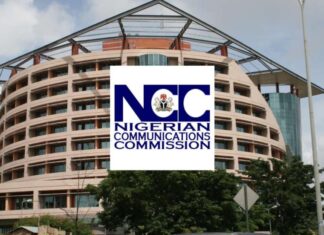By Nnanna Okere
Special Correspondent, Helsinki
The long advocacy by the World Tourism Organisation (UNWTO) for greater travel facilitation to promote tourism and multiply its social and economic benefits is paying off.
More needs to be done, though.
In UNWTO’s latest Visa Openness Report, the share of tourists requiring visa prior to travel continues to decline and is at its lowest level ever.
In 2015, 39 per cent of the world population travelled for tourism without visa prior to departure, compared with 23 per cent in 2008.
On average, 18 per cent travelled to a destination without visa, while another 15 per cent received visa on arrival, and 6 per cent obtained eVisa.
Emerging economies continue to be more open than advanced economies, according to the report.
South East Asia, East Africa, the Caribbean, and Oceania were the most open areas in 2015. Central Africa, North Africa, and North America were the most restrictive.
“Prioritising travel facilitation is central to stimulating economic growth and job creation through tourism.
“We are pleased to see that a growing number of governments around the world think likewise,” said UNWTO Secretary General, Taleb Rifai.
“The current security challenges should not deter us from advancing visa facilitation. On the contrary, enhancing security and facilitating tourism travel should always go hand in hand.
“In fact, at a moment when safety and security are top of the agenda for all of us, we need to work closer together to promote a safe, secure and seamless travel environment by using the possibilities offered by technology and international cooperation in data sharing.”
Although much has been done, several destinations worldwide still need to promote safer and more seamless travel experience.
UNWTO urged destinations to focus on better segmentation of travellers, improving visa application processes and entry procedures, regional integration, and providing precise and accessible information for tourists.
It asked countries not to depend on reciprocal improvements, but rather revise unilateral measures, a tendency proving to be stronger than ever.
The positive evolution registered in recent years is the result of actions taken by governments which have seen the positive impact of visa facilitation in terms of economic growth and job creation through tourism.
Research by UNWTO and the World Travel and Tourism Council (WTTC) on the impact of visa facilitation on the G20 economies, as well as on the economies of Asia-Pacific Economic Cooperation (APEC) and the Association of Southeast Asian Nations (ASEAN), showed that visa facilitation can boost demand, grow exports, and create jobs.













